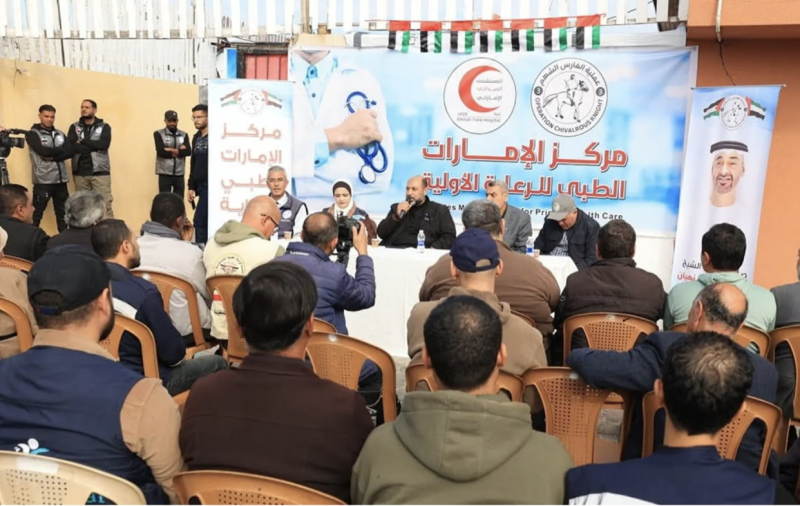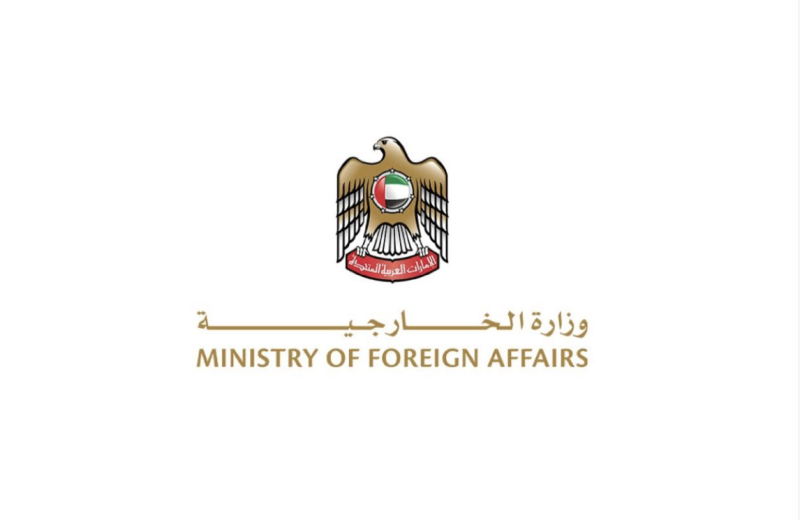The UAE is perfectly positioned to lead on sustainable finance


The UAE has always been a land of vision and innovation. Whether it’s erecting the world’s tallest building or pioneering renewable energy projects, the country has been a trailblazer. Now, as the world turns its eyes towards sustainable finance, the UAE has an opportunity to lead yet again – not just through governmental or corporate actions but by harnessing the untapped potential of its vibrant community.
Engaging the community in sustainable finance can add a robust layer to the country’s already ambitious green agenda. Sustainable finance is not just the prerogative of large corporations or investment firms; it’s a model that every individual, local business and community organisation can adopt to incite change. When local communities become active participants, sustainable finance evolves from being an abstract concept discussed in corporate boardrooms to a living, breathing reality.
To mainstream sustainable finance, however, a number of stakeholders need to be engaged.
In this case, awareness is the first step. Governments could establish localised sustainability indices, specifically designed to reflect the ecological and social conditions unique to the UAE. Investors could refer to these indices to assess the impact of their investments, making informed decisions aligned with both profitability and community good.
Entrepreneurs often steer clear of sustainability-oriented projects due to higher upfront costs. Offering government grants or tax incentives for such initiatives can ease this burden, making it more appealing for local businesses to invest in sustainable ventures.
Tailored financial literacy programmes could be introduced in schools, universities and community centres. These could focus on the basic tenets of sustainable finance, ethical investment, and how individual choices can lead to broader societal benefits.
The way forward is to roll out awareness campaigns, both online and offline. Using social media, community forums and schools as platforms to highlight the importance of sustainable finance helps create a positive societal impact. A well-informed public is the first step to meaningful change.
Introducing community-based funds specifically aimed at supporting sustainable local projects is another option. Financial backing is critical whether it’s a neighbourhood aiming to install solar panels or a local farmer wanting to shift to organic farming. By establishing such funds, the government not only supports sustainable projects but also enables community ownership of these ventures.
Organising community gatherings encourages families to update themselves on sustainable finance opportunities, discuss challenges and share success stories. The government could use these forums to collect valuable community input, making people feel included and heard in policymaking processes.
Once successful models are identified, it’s time to use them to expand similar initiatives to other parts of the country. Recognising and rewarding communities that contribute significantly to sustainable finance will help set an example for others to follow.
By involving the community in sustainable finance, multiple objectives can be achieved.
The UAE could foster financial inclusivity, allowing more people to partake in the country’s growth story. Entrepreneurship and innovation would be encouraged, particularly in areas that align with the country’s long-term sustainability goals. Most importantly, a sense of collective ownership among the people would be nurtured, empowering them to act for the good of both their communities and the planet at large.
Integrating community participation into the sustainable finance landscape is undeniably promising, but it’s crucial to recognise the challenges accompanying such government initiatives.
One primary hurdle is the disparity in financial literacy levels across different segments of the community. Localised sustainability indices and community-based funds are excellent tools, but they require a certain level of understanding that not everyone may possess. Creating educational programmes to bridge this gap, therefore, becomes a task of its own, demanding resources, and time.
Another challenge lies in the execution of these initiatives, particularly in ensuring transparency and accountability. The availability of grants and incentives for sustainable projects is a step forward but also opens up avenues for misuse. Safeguards must be put in place to prevent “greenwashing”, where projects claim to be sustainable merely to avail of governmental benefits. This would require a robust regulatory mechanism.
Finally, the cultural challenges.
Sustainable finance often calls for a shift in long-standing practices and beliefs. Whether it’s a farmer used to traditional agricultural practices or a business owner sceptical of the return on investment from sustainability measures, changing mindsets is always a slow and arduous process.

Abu Dhabi -- The UAE has inaugurated the Emirates Medical Centre in Khan Younis, south of the Gaza Strip, as part of the Operation Chivalrous Knigh…

Abu Dhabi -- The United Arab Emirates has condemned the shooting incident that occurred at Brown University in the state of Rhode Island, which res…

Abu Dhabi -- The United Arab Emirates has condemned in the strongest terms the terrorist attack that occurred at a Jewish gathering in the city of…